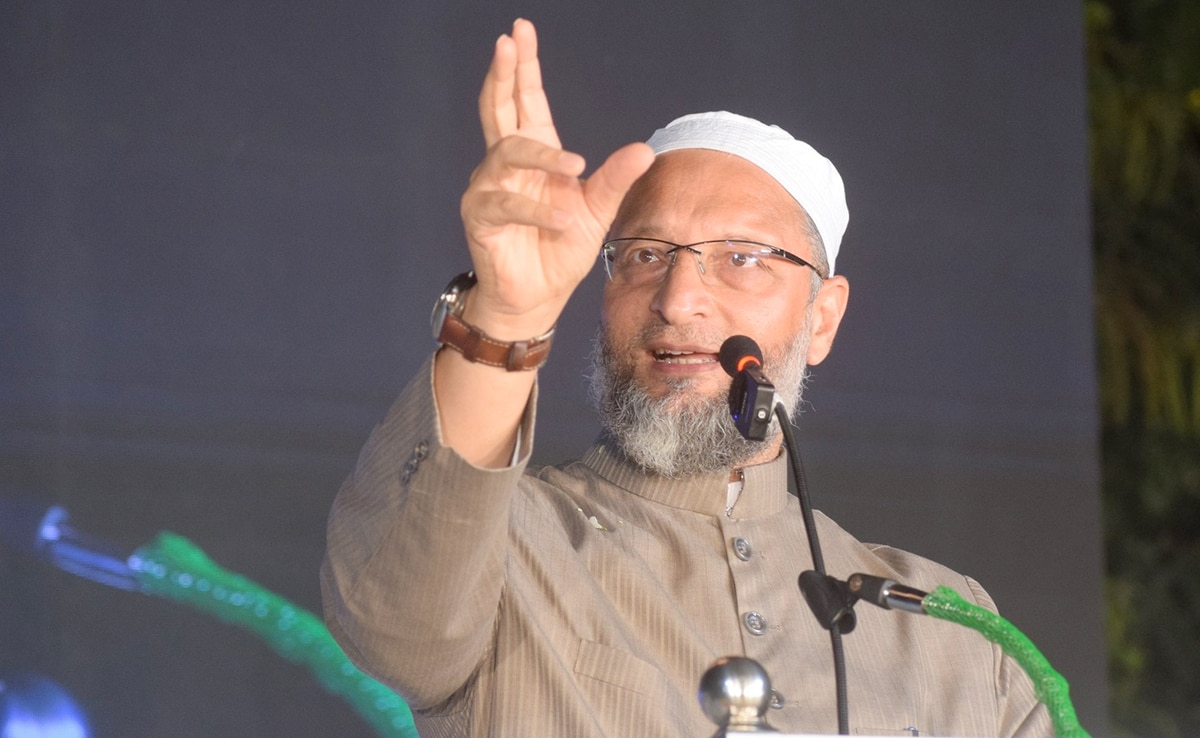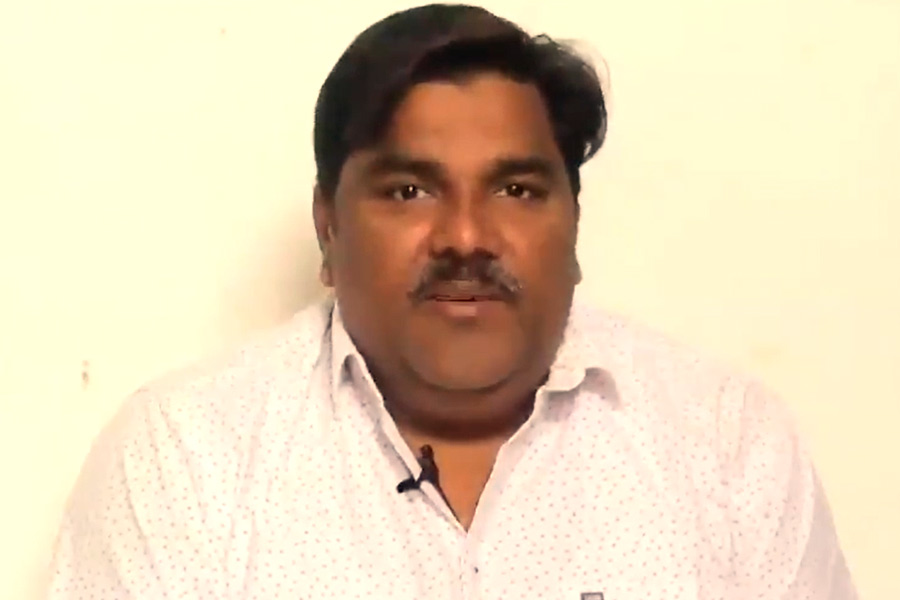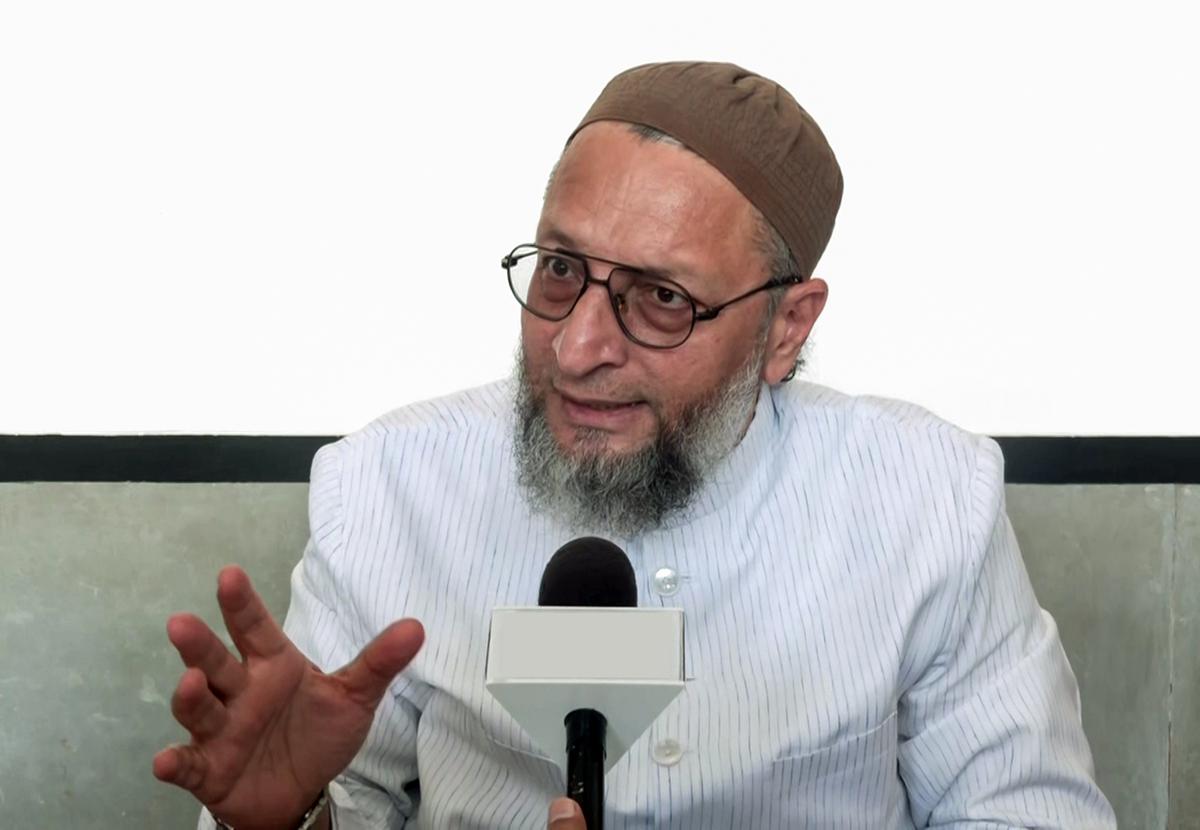IUML moves SC against invite for citizenship applications for non-Muslim refugees
Wed 02 Jun 2021, 09:50:20
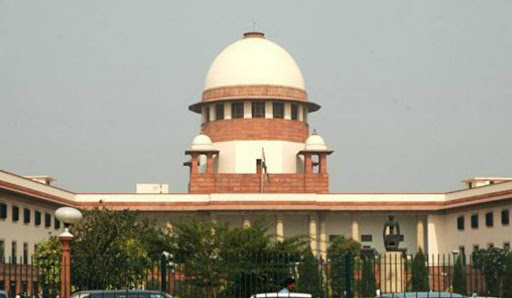
Kochi: Kerala-based Indian Union Muslim League (IUML) approached the Supreme Court on Tuesday against the Home Ministry’s recent notification to grant citizenship to non-Muslim refugees from 13 districts. The IUML had already filed a writ petition against the recent Citizenship Amendment Act (CAA). But the recent MHA notification is not as per the CAA and the 13 district collectors were given powers under the existing Citizenship Act.
As per the new notification, refugees belonging to Hindu, Jain, Sikh, Christian from Afghanistan, Pakistan, Bangladesh, staying in refugee camps in 13 districts in Rajasthan, Punjab, Haryana and Gujarat will be granted Indian citizenship. These people are staying in camps for more than 11 years.
The application filed by IUML said during the pendency Citizenship Amendment Act, 2019 (CAA), the MHA has gone ahead and issued an order dated May 28, whereby the Centre, relying on Section 16 of the Citizenship Act 1955 (henceforth referred to as the Act), the power to grant citizenship under Sections 5(citizenship by registration) and 6 (citizenship by naturalisation) have been delegated to collectors of certain districts to grant citizenship to
persons.
persons.
The plea accused the Centre has illegally permitted the collectors of the chosen districts to grant citizenship to persons belonging to Hindus, Sikhs, Buddhists, Jains, Parsis and Christians.
The application cited Section 5 (1)(a)-(g) of the Act lays down in unequivocal terms the persons who are eligible to apply for citizenship by registration, Section 6 of the Act permits any person (not being an illegal migrant ) to apply for citizenship by naturalisation.
The petitioner claimed the attempt being made by the Centre in whittling down the applicability of the two provisions through an executive order is illegal.
“That the two provisions read together do not permit the classification of applicants on the ground of religion and therefore the order goes beyond what is permitted by the provision itself.
Furthermore, the order does not withstand the test of Article 14 inasmuch as it treats people within a particular class i.e. persons entitled to apply for citizenship by registration and naturalisation unequally by virtue of their religion,” said the application.
No Comments For This Post, Be first to write a Comment.
Most viewed from National
Most viewed from World
AIMIM News
Asaduddin Owaisi questions PM Modi's China policy
Jan 08, 2025
Owaisi slams UP over police post near Sambhal mosque
Dec 31, 2024
Latest Urdu News
Most Viewed
May 26, 2020
Which political party will win the Delhi Assembly polls to be held on Feb 5?
Latest Videos View All
Like Us
Home
About Us
Advertise With Us
All Polls
Epaper Archives
Privacy Policy
Contact Us
Download Etemaad App
© 2025 Etemaad Daily News, All Rights Reserved.

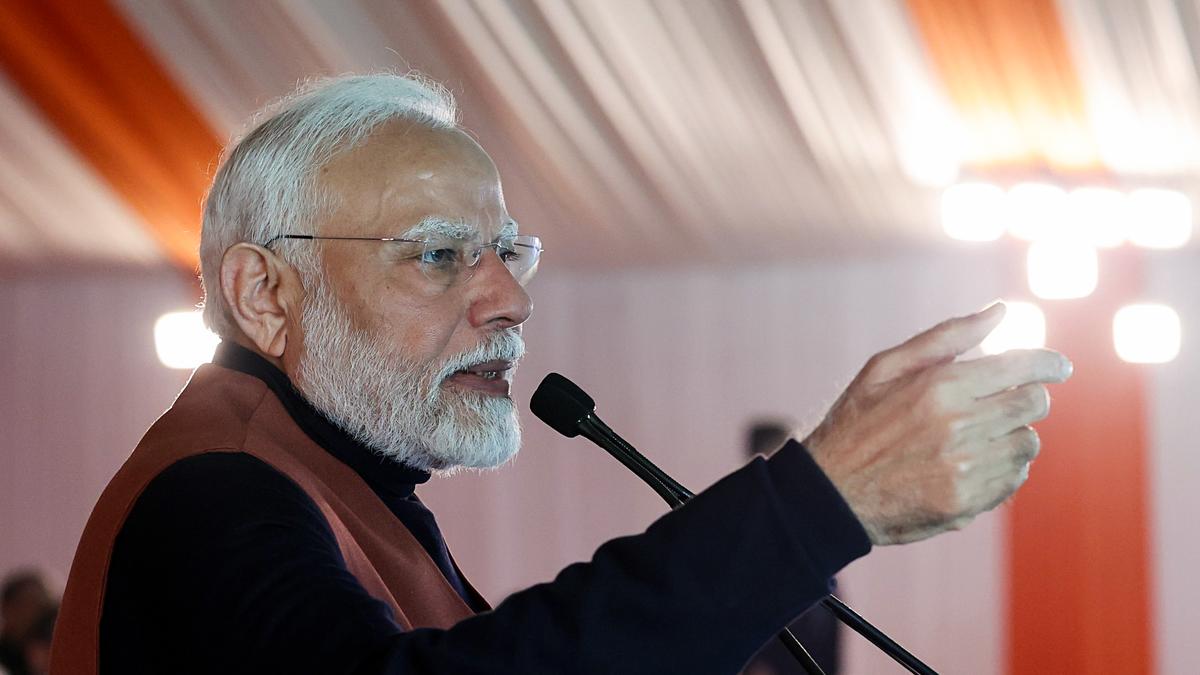
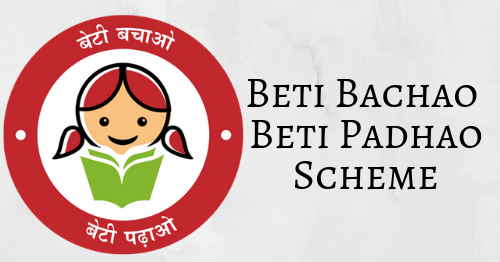
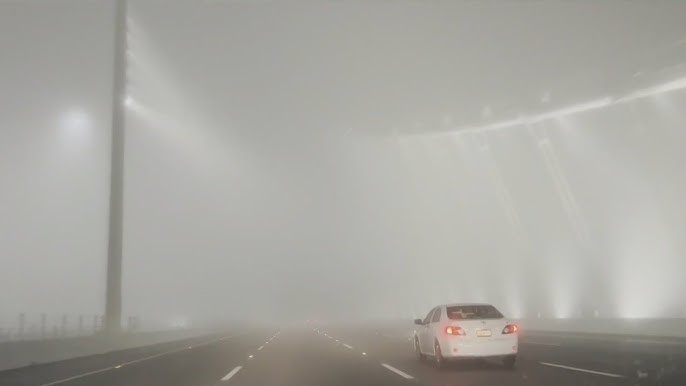
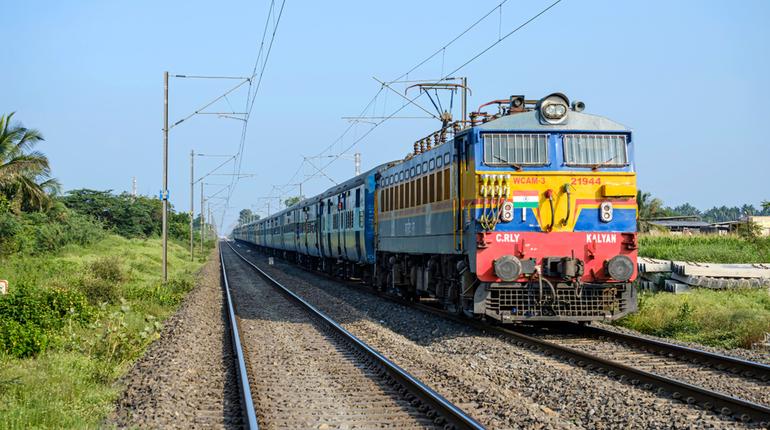
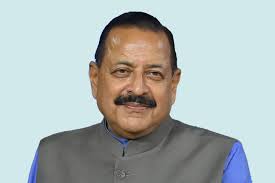
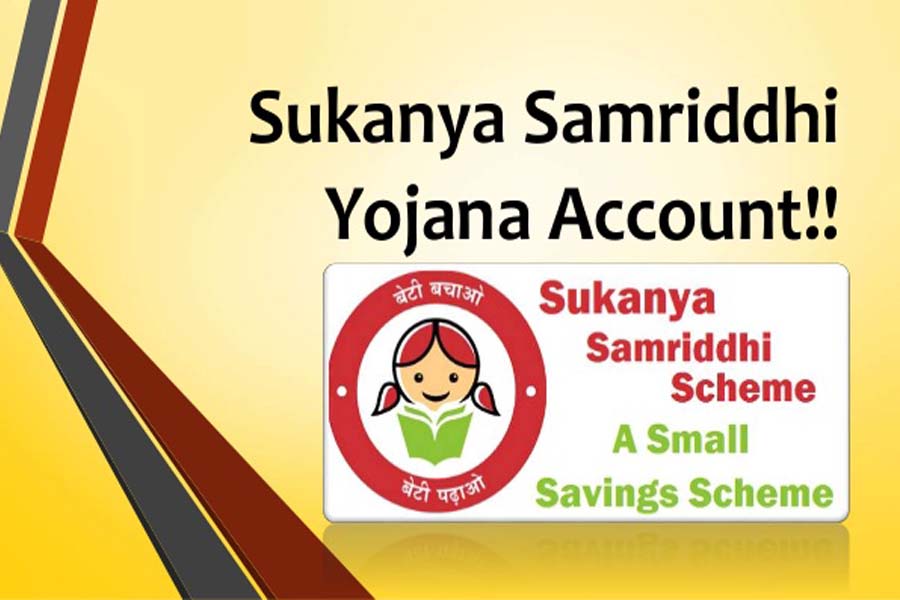
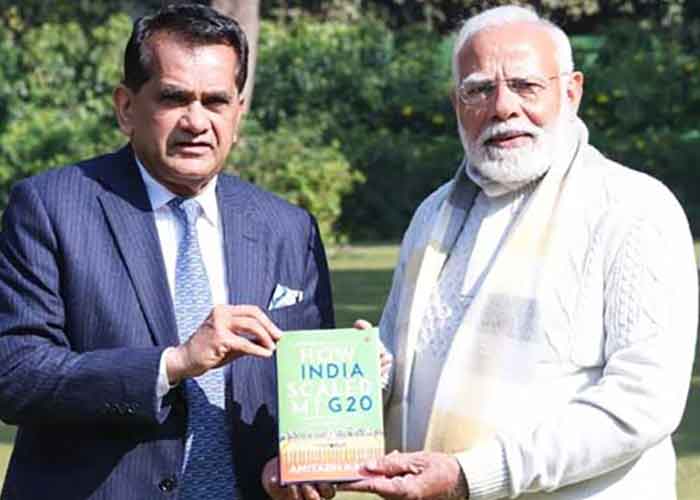
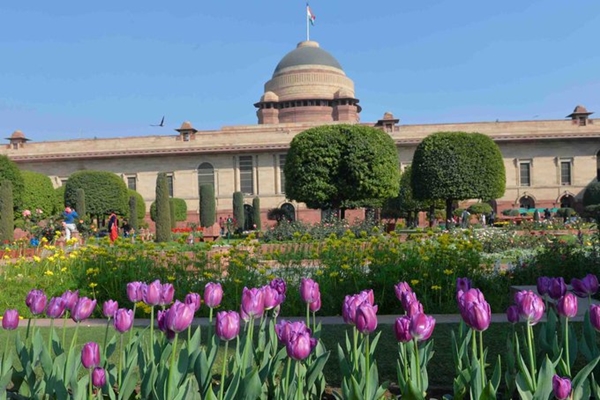
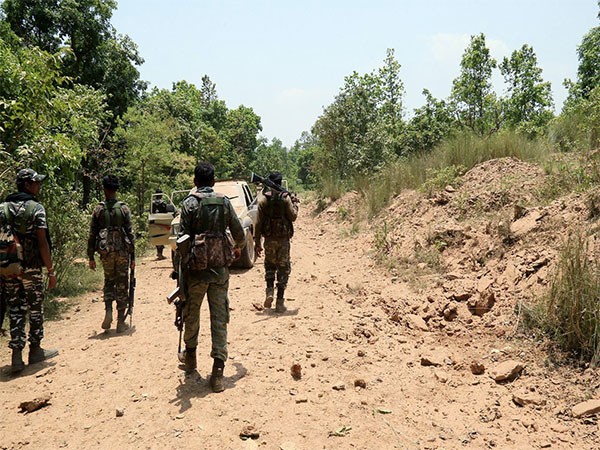

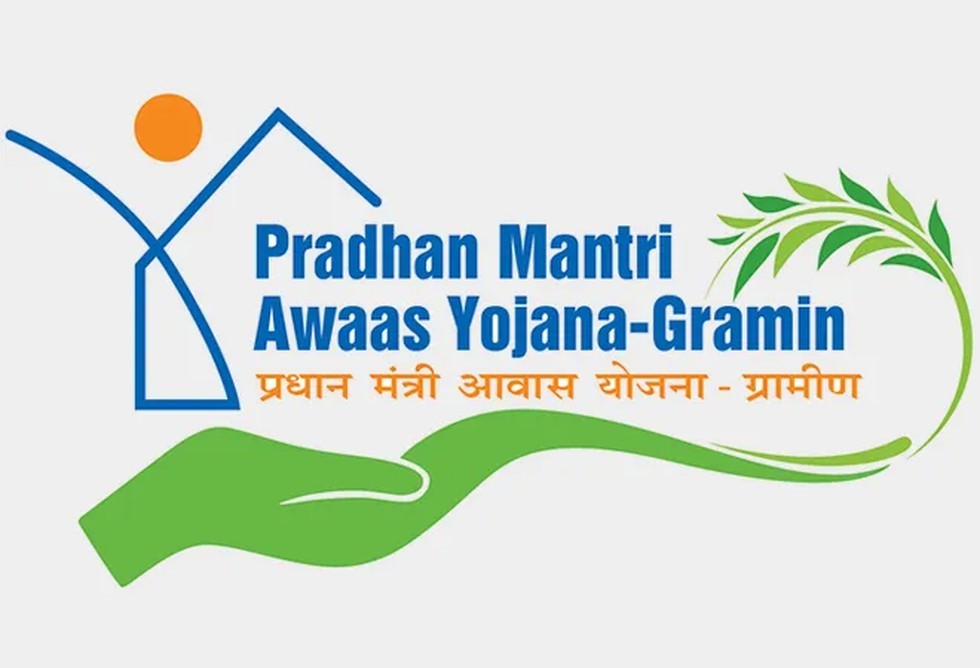
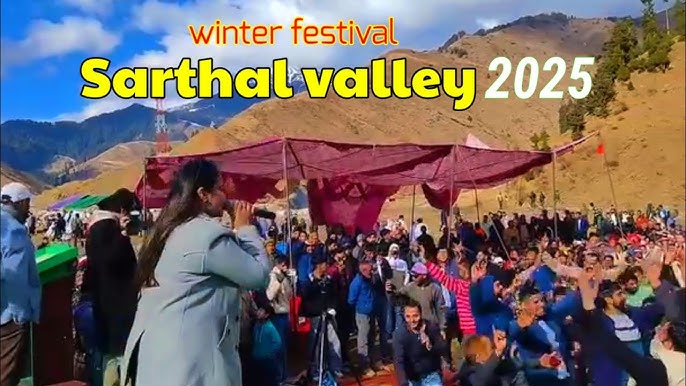

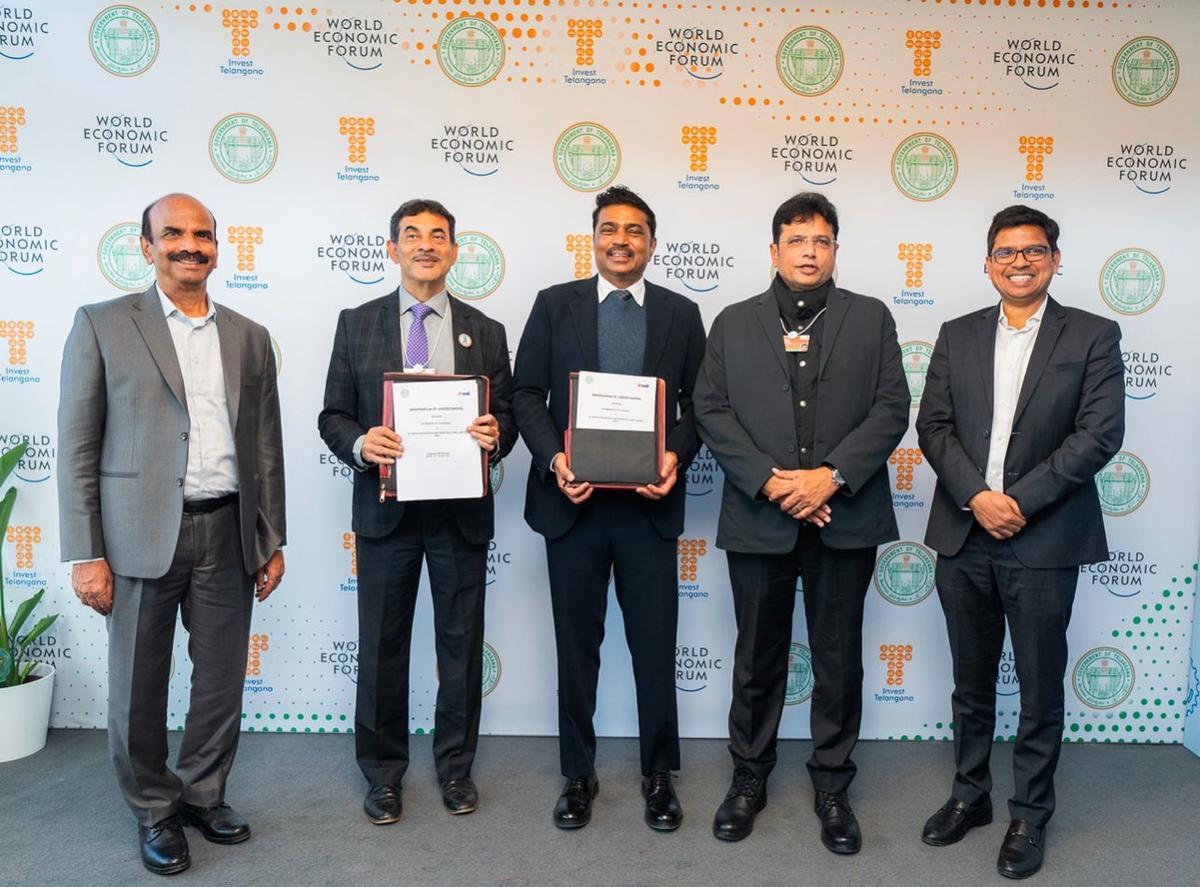
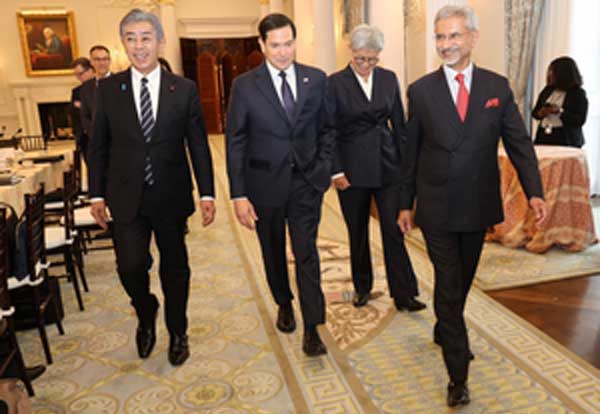
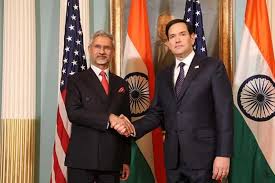




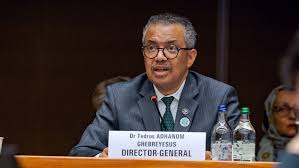
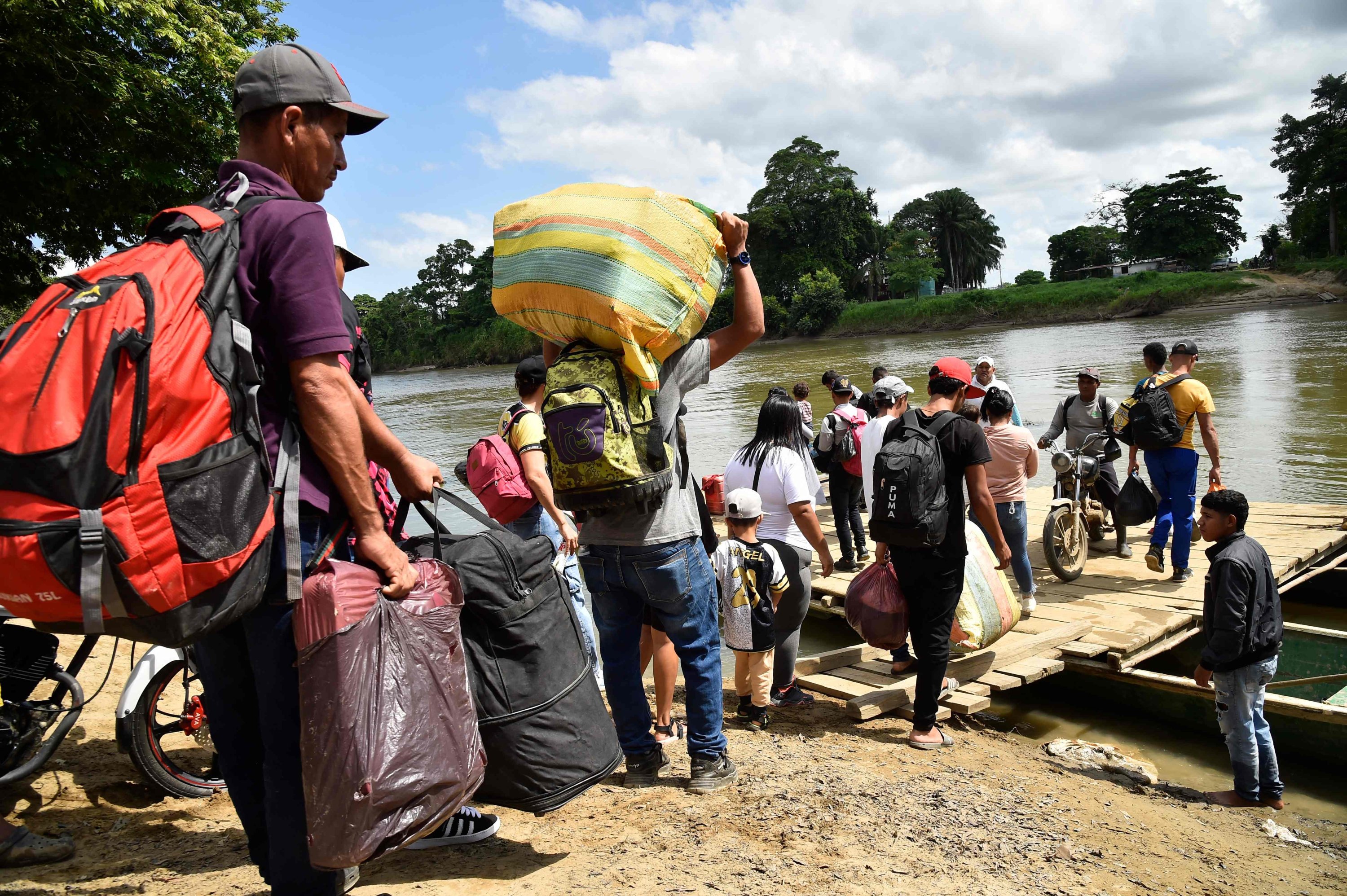

.jpg)





